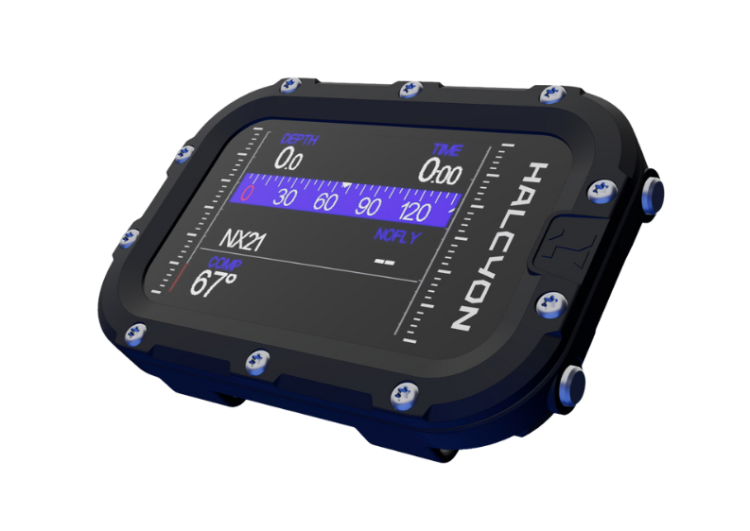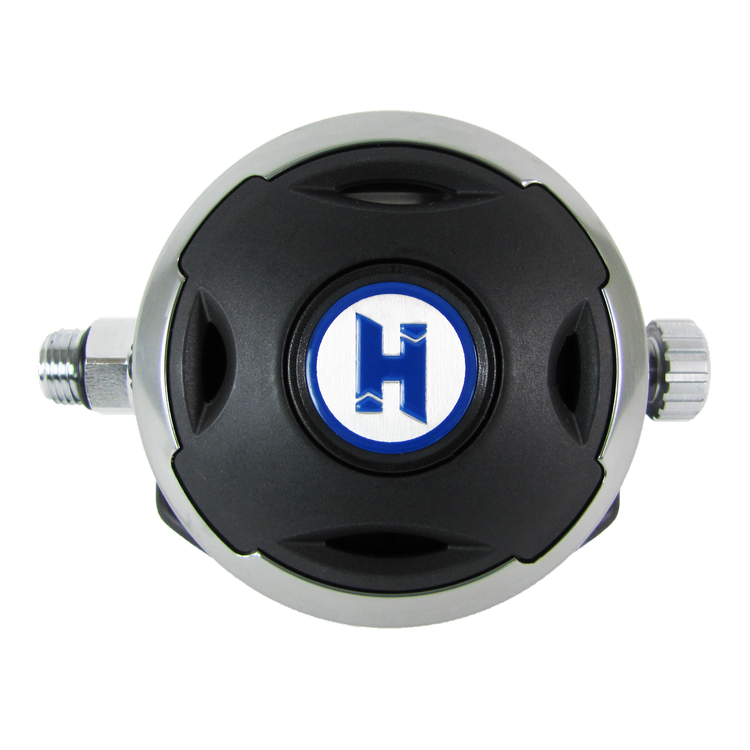






Lumens
What is it?: Lumen is a unit of light measurement otherwise known as luminous flux.
We use lumens to compare the total amount of light output from a light emitter. However, lumens aren’t the end-all, be-all. In fact, lumens will only tell you part of the story because when it comes to evaluating useable light, lumens don’t give you enough information about how the light output is used. To measure lumens, a highly specialized light integrating sphere is used. A Lumen (or luminous flux, or Lm) is the total number of "packets of light" (or quantity of light output) produced by a light source. For example, a 100-watt incandescent lamp emits about 1300 lumens. While useful this does not tell us anything about the focus and/or usability of the light emitted.
Lux
What is it? Lux is a unit of light measurement taking area into account. In other words, light intensity.
Lux is used to measure the amount of light output in a given area, where one lux is equal to one lumen per square meter. Lux is a great measurement for determining what we see as the brightness of a beam. If the light output is concentrated over a smaller area, we see this as very bright. If the light output is spread over a larger area, we see this as very weak. This is true even if we have much more light spread across the larger area. We normally use mirrors, reflectors, and optics to control the path of light and create the desired beam pattern. Lux also determines the magnitude of light intensity traveling over distances. A light that is configured for high lux output will travel farther but will have a smaller footprint of light (e.g. lighthouse spotlight), and a low lux level will be configured to travel shorter distances but have a larger footprint (e.g. decorative down lighting or ambient lighting).
To measure lux at a specific location, a device called a lux meter is used.
The lux (or lx) is a ratio of illumination (or lumens) over a distance: 1 lux = 1 lumen per square meter.
Simply put, lux is different from lumens because lux takes into account the actual area of which the lumens are spread, while lumens simply represent the total quantity of light produced by a light source.
From a diving standpoint, LUX is a more important rating than lumens as the higher the LUX rating the more intense the beam is. Beam intensity is probably the most important factor for a dive light as this determines the light punch through the water and the distance the beam can be seen.
|
Halcyon Dive Systems 1.800.HALCYON (425.2966) 1 (386) 454-0811 |
|
Halcyon Dive Systems 24587 NW 178th Place High Springs, FL 32643 |
|
Customer Service Hours Monday-Thursday 8:00AM - 4:30PM EST Friday 8:00AM - 11:00AM EST |